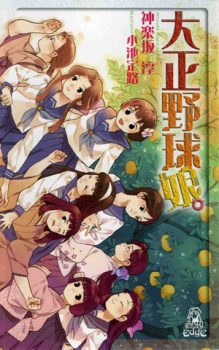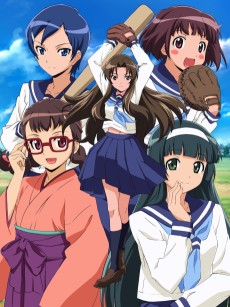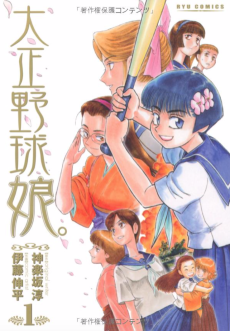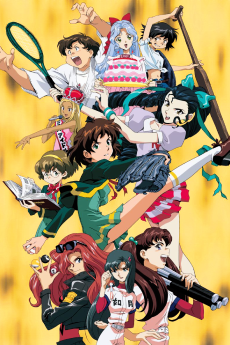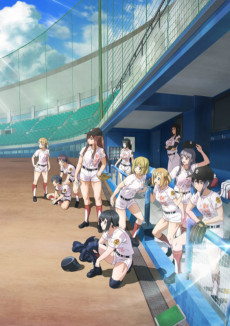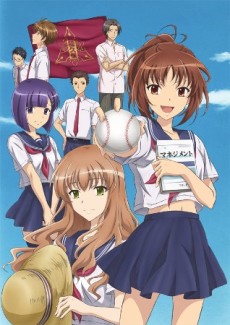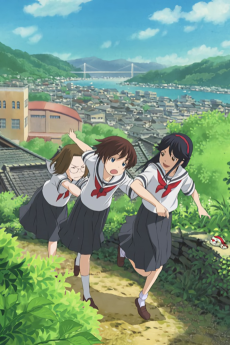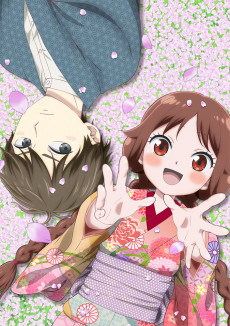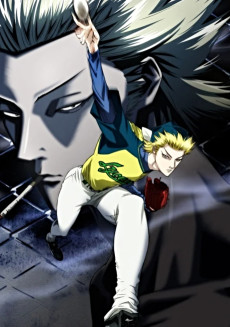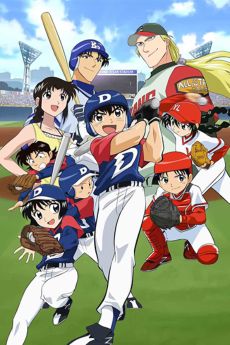TAISHOU YAKYUU MUSUME.
STATUS
COMPLETE
EPISODES
12
RELEASE
September 25, 2009
LENGTH
24 min
DESCRIPTION
In 1925 (year 14 of the Taisho era) baseball is still quite unknown in Japan and there are only a few male teams. After being told by a baseball player that women should become housewives instead of going to school, 14-year-old Akiko invites her friend Koume to start a baseball team in order to prove him wrong. During this time, when even running was considered too vulgar for women, baseball is known as "what the boys do" and they face many difficulties when having to find enough members, to get permission from their parents and also when learning about the sport itself, which they soon discover to be more difficult than expected.
CAST

Koume Suzukawa
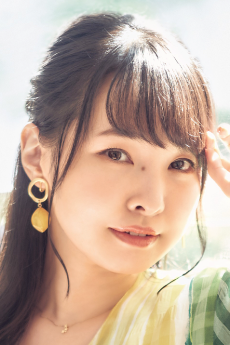
Kanae Itou
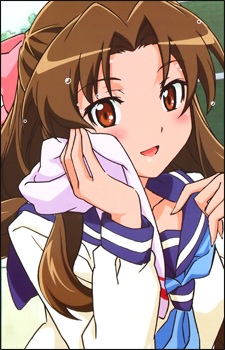
Akiko Ogasawara
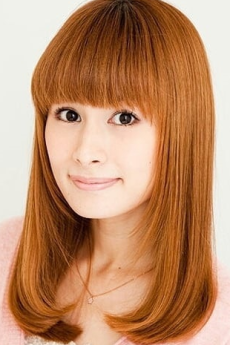
Mai Nakahara

Yuki Souya
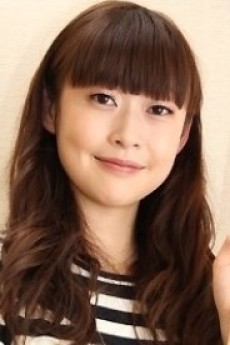
Mamiko Noto
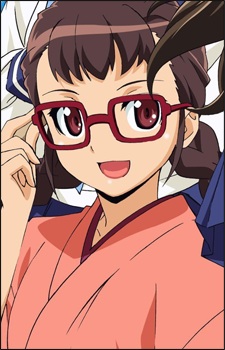
Noe Kawashima

Kana Ueda
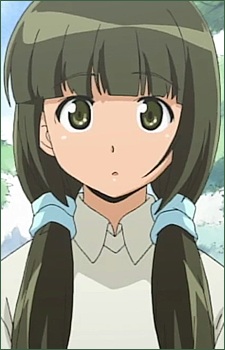
Kochou Kikusaka
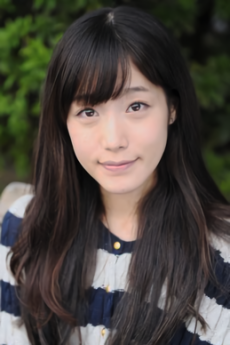
Saori Gotou
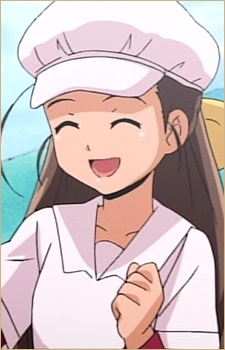
Kyouko Sakurami
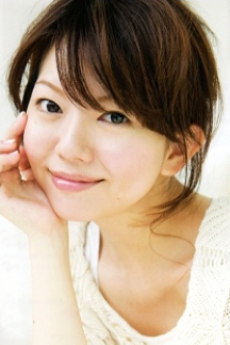
Yui Makino
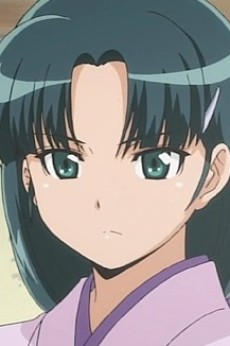
Shizuka Tsukubae
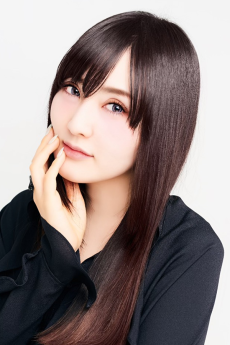
Eri Kitamura
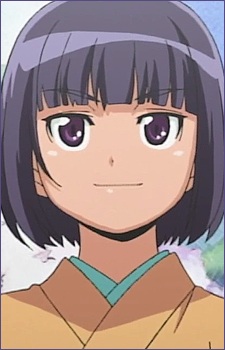
Tamaki Ishigaki
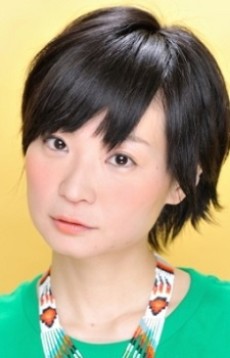
Ryou Hirohashi
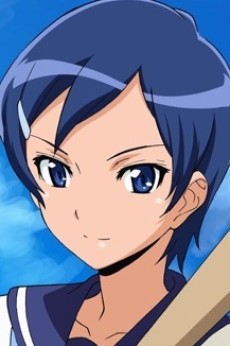
Tomoe Tsukubae
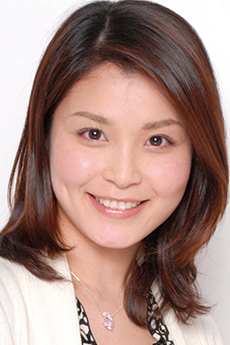
Yuuko Kaida

Noriko Owari
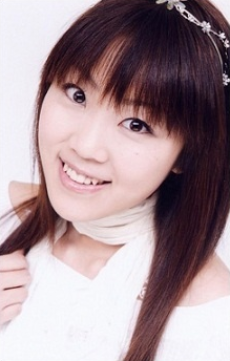
Ayumi Fujimura
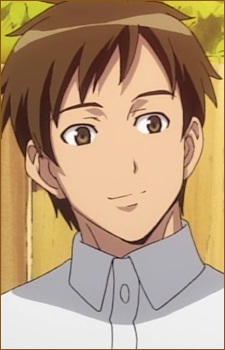
Saburou Kitani
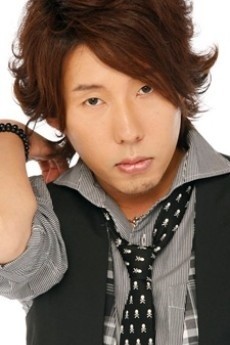
Satoshi Hino
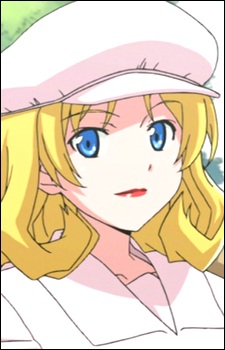
Anna Curtland
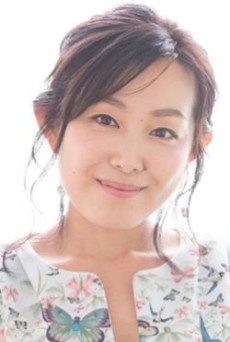
Satomi Arai

Yae Suzukawa
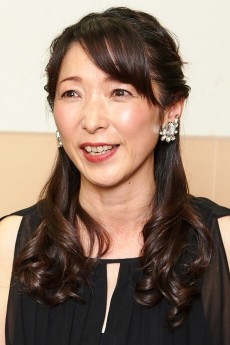
Aya Hisakawa

Banboku Takahara
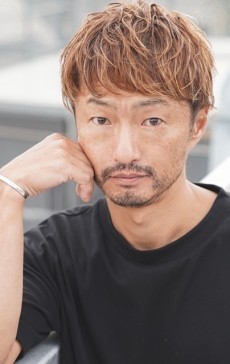
Shinji Kawada

Sousuke Iwasaki
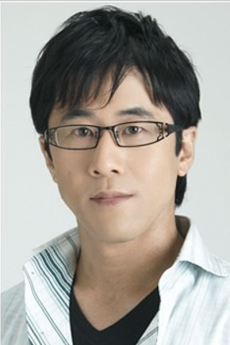
Masayuki Katou

Youchirou Suzukawa

Binbin Takaoka
EPISODES
Dubbed

Not available on crunchyroll
RELATED TO TAISHOU YAKYUU MUSUME.
REVIEWS

Scheveningen
70/100A lighthearted love letter to the period, but not quite a historical show that really deals with its setting and themesContinue on AniListTaisho Baseball Girls is a sincere and lighthearted love letter to the period. While there is undoubtedly a focus on baseball, much of the story also involves the experience of 1920s Japan. The show really works to earn its title as a Taisho-era piece of fiction despite its bubbly, upbeat tone and themes. Though mildly anachronistic, with some of its character's attitudes being closer to what you would find in modern Japan, it is hardly an issue since the show does not aim to be in-depth historical fiction. The series aims to explore the relatively straightforward story of girls pushing the boundaries of socially accepted gender roles in 1920s Japan through sports. It does not do this in a particularly deep or complex way since its format follows a high school sports club, yet it does not skimp on the historical details.
The Taisho era was the height of modern and Western influence in Japan. A fascinating crossroad in Japanese history which the show characterises with small elements of cultural tension. Taisho baseball girls, as is expected, takes the perspective of the "modern girl", focusing on more progressive ideas and appearances. This can be seen at a surface level in Koume's desire to wear a seifuku instead of a kimono and her criticism of her family's only surface-level modernity despite running a yoshoku restaurant. What is impressive is the setting itself subtlely adds to this flavour of the Taisho era. The school Koume attends is subtlely established as a middle to upper-class girl's academy, which would be more Western in this era with its missionary education roots. Notably, the pushback against the girls playing a "rough" sport like baseball is not solely from the traditionalist Japanese position. Much of the pushback comes from other "Westernised" sources like teachers and parents, which breaks the illusion or oversimplification that Western modernization is inherently progressive in all areas. It is even left ambiguous if Koume's parents are against her playing baseball. Despite the Suzukawa's being ostensibly framed as more traditional parents that present a slight obstacle to Koume, there is still a strong undercurrent of modernity since they chose to send their daughter to a Christian school. In fact, all the girls are distinctly middle class or outright rich, with varying levels of Western and modern ideals which turns everything into a sort of bubble.
The show accordingly does not examine or dive into the cultural tension, using it more to build up its atmosphere and setting. While mildly disappointing for someone interested in a good period piece, the show quickly clarifies it has no aspirations to go there. It celebrates the Taisho era and the modern Japan that could have been instead of truly delving into the 1920s that was. Characters like their English teacher, Anna Curtland, are an unambiguously positive influence on the girls despite being a foreigner. This results in Taisho Baseball girls feeling earnest and rich in its setting yet hamstrung by a rather by the book story. The girls never receive much pushback societally on their path to forming a baseball team. This is partly due to the show's tone, going for something fun and sweet instead of more drama-laden. Accordingly, only undercurrents of gender expectations drive the opposition of families and teachers instead of it including any element of cultural clash. All of which is never discussed in detail. This limits the show's thematic punch to an implicit message of very basic gender equality, which we have long surpassed in the 21st century.
The characters themselves are nothing spectacular. Because of the direct and simple approach of the show, there is tremendous missed potential in establishing more complex character conflicts. There is little exploration into their family's thoughts on the girls playing baseball, and their own motivations remain unexamined. There is no internal conflict within or among the girls on whether they should be playing baseball or what that entails for their public image. Their inner conflict is the standard of every sports anime, self-doubt and the difficulty of training. While perfectly acceptable, it does not utilise the historical setting to its full potential to give the show a unique identity. This is also further exacerbated by the large cast which places pressure on the amount of screen time available. Despite the show's choice to focus on our protagonists, Koume and Akiko, their depth still hits a distinct limit since they never really distil or digest why the larger conflict exists or what it means to them specifically. With the rest of the cast noticeably underdeveloped relative to the implicit theme and conflict of the show, it is hard not to call it missed potential.
Although not in the spirit and perhaps too complex for this show, the lack of a real "traditionalist" barrier to overcome or reconcile with leaves a distinct feeling of hollowness at times. Of course, this begins to stray into the territory of a more dramatic and "serious" show (for lack of a better term) which is unfairly to penalise Taisho Baseball girls for. Despite all this, the story is robustly executed, delivering an above-average but by the numbers narrative. The art is again nothing spectacular. Of note, the more washed out watercolour style for the background fittingly gives the show an appropriate atmosphere for something set in the past. While the opening and ending songs were also satisfactory, they sadly did not commit more to the period setting with their music, choosing to go with standard modern J-Pop.
Overall, for what Taisho Baseball Girls is and aims to be, it is a solid above average show but nothing more than that. The characters and central conflict beyond skill at baseball feel distinctly underdeveloped. Yet this problem rests squarely on the shoulders of avoiding the more complex issues to maintain the lighthearted or even simplistic framing of the series. This is very much an impasse which leaves the show few ways to excel further aside from additional polish or more robust dialogue and writing. Where it does succeed is in integrating the historical setting into its story to create a superb, almost nostalgic, atmosphere. With that, it is hard to give Taisho Baseball Girls more than a 7 out of 10, carried mainly by its excellent historical setting that gets a lot of subtle ideas right. While tempting to score it higher due to its charming simplicity, the central premise of the show is tied too heavily to greater issues of the period that need some kind of debate. Without some measure to tie it in, even though a debate among the adult characters, there is a distinct lack of carry-through. While nonetheless still a sweet, lighthearted and well-executed period piece, there is tremendous missed potential.
SIMILAR ANIMES YOU MAY LIKE
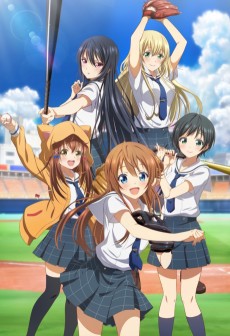 ANIME Slice of LifeHachigatsu no Cinderella Nine
ANIME Slice of LifeHachigatsu no Cinderella Nine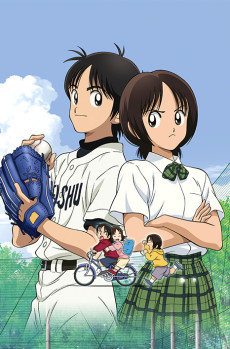 ANIME ComedyCross Game
ANIME ComedyCross Game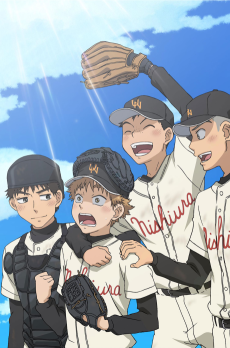 ANIME ComedyOokiku Furikabutte
ANIME ComedyOokiku Furikabutte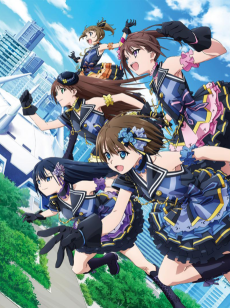 ANIME MusicExtreme Hearts
ANIME MusicExtreme Hearts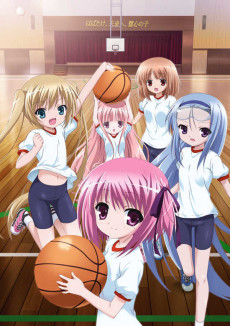 ANIME ComedyRo-Kyu-Bu!
ANIME ComedyRo-Kyu-Bu!
SCORE
- (3.5/5)
MORE INFO
Ended inSeptember 25, 2009
Main Studio J.C. Staff
Favorited by 55 Users

